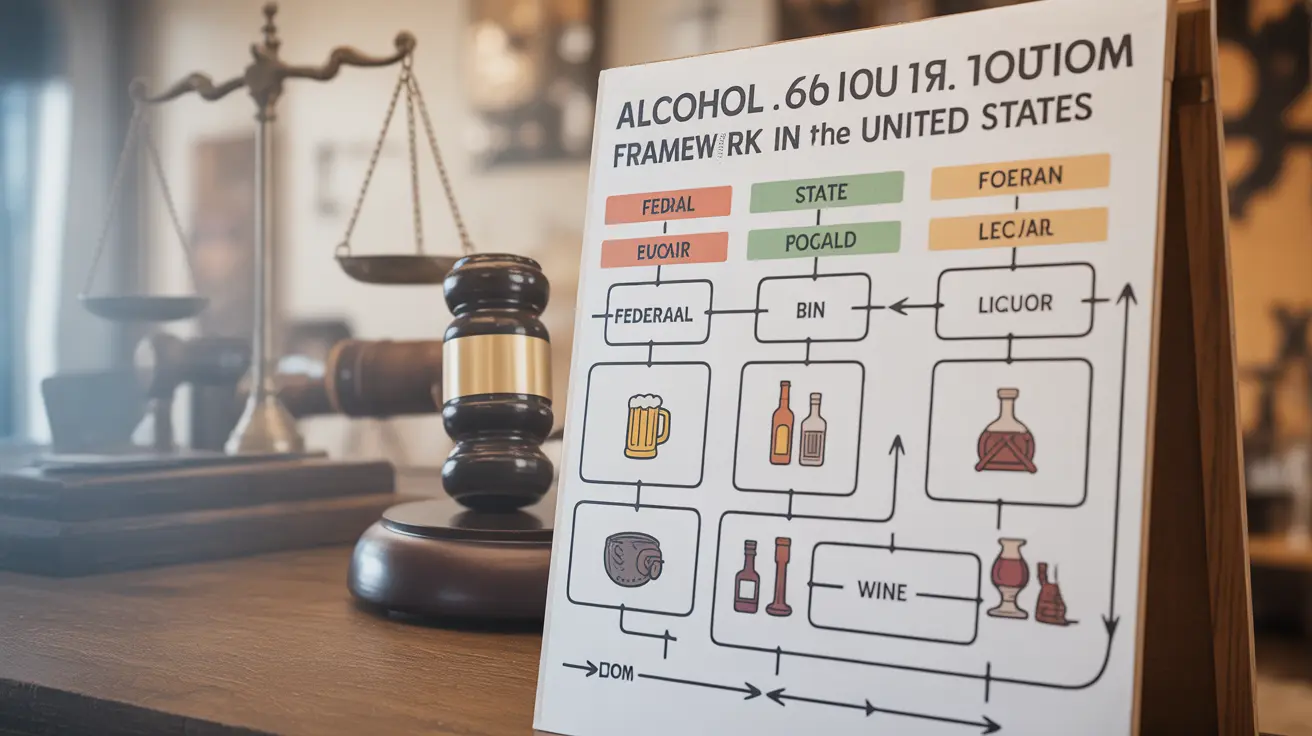Many people wonder about the legal classification of alcohol, particularly given its widespread use and potential for abuse. Understanding whether alcohol is a controlled substance helps clarify how it's regulated and why certain laws exist around its sale and consumption.
This comprehensive guide explores alcohol's legal status, how it's regulated, and why it falls under different rules than controlled substances in the United States.
Legal Status of Alcohol in the United States
Alcohol is not classified as a controlled substance under U.S. federal law. Instead, it's regulated through separate federal and state legislation specifically designed for alcoholic beverages. This unique regulatory framework sets it apart from drugs classified under the Controlled Substances Act (CSA).
Understanding Controlled Substances
The Controlled Substances Act (CSA) establishes five schedules of controlled substances based on several factors:
- Medical use and benefits
- Potential for abuse
- Safety under medical supervision
- Risk of physical or psychological dependence
These substances are strictly regulated by the Drug Enforcement Administration (DEA) and require special permits, prescriptions, or are completely prohibited.
How Alcohol Regulation Differs
Unlike controlled substances, alcohol is regulated through:
- The Federal Alcohol Administration Act
- The 21st Amendment to the Constitution
- State-specific liquor laws and regulations
- Local ordinances governing sales and consumption
This regulatory framework focuses on:
- Minimum drinking age requirements
- Licensed distribution systems
- Sales restrictions (hours, locations, quantities)
- Production standards and safety requirements
- Tax collection and enforcement
Historical Context and Current Regulation
The current system of alcohol regulation emerged following the repeal of Prohibition in 1933. This history shaped today's three-tier distribution system:
- Producers (breweries, distilleries, wineries)
- Wholesale distributors
- Retail sellers
Each state maintains significant control over alcohol regulation within its borders, leading to varying laws across the country.
State vs. Federal Authority
While federal laws provide an overarching framework, states have considerable authority to:
- Set specific age restrictions for purchase and consumption
- Determine where alcohol can be sold
- Establish operating hours for alcohol vendors
- Control distribution methods
- Set state-specific tax rates
- Enforce drunk driving laws
Frequently Asked Questions
Is alcohol classified as a controlled substance under U.S. federal law?
No, alcohol is not classified as a controlled substance under U.S. federal law. It's regulated separately through specific alcohol-related legislation rather than the Controlled Substances Act.
How is alcohol regulated differently from controlled substances in the United States?
Alcohol is regulated through the Federal Alcohol Administration Act and state-specific laws, using a three-tier distribution system. Unlike controlled substances, which are regulated by the DEA, alcohol regulation focuses on sales, distribution, and age restrictions rather than medical use and prescriptions.
What makes a drug a controlled substance under the Controlled Substances Act (CSA)?
The CSA classifies drugs based on their medical use, potential for abuse, safety under medical supervision, and risk of dependence. Substances are categorized into five schedules based on these factors.
Why isn't alcohol included in the CSA schedules despite its potential for abuse?
Alcohol isn't included in the CSA schedules due to historical and cultural factors, particularly the failure of Prohibition and subsequent establishment of separate regulatory frameworks. Its regulation was deliberately kept separate from other substances following the 21st Amendment.
What federal and state laws govern the sale and consumption of alcohol?
The Federal Alcohol Administration Act provides national oversight, while the 21st Amendment grants states significant control over alcohol regulation. States create their own laws regarding sales, distribution, taxation, and consumption, resulting in varying regulations across the country.




